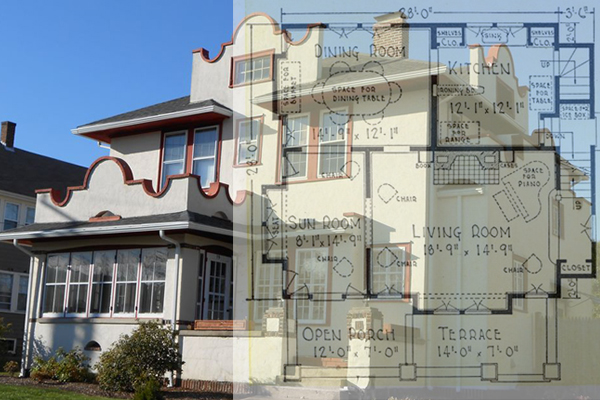What’s old is new again, real estate agents are discovering as buyers lay down millions in order to own vintage houses known as kit homes.
Before these homes became sought-after relics, they were built as an affordable option for families who would order their house from an Ikea-like catalog. The pieces needed to assemble said house were then mailed right to their doorstep for assembly.
One of the major companies behind these made-to-order kit homes, Sears, Roebuck and Co., had over 300 styles listed in its catalog and sold about 70,000 kit homes between 1908 and sometime in the 1940s, according to the Wall Street Journal.
Kit homes built in the 1920s were sold for between $600 and $6,000, but, today, these homes can bring in a million or more according to real estate agents, who say kit homes are becoming a valuable feature to include in listings.
Long & Foster Real Estate’s Sky Group agent Anna Mackler told the Journal a listing that explains a house’s history as a kit home “made it more appealing” to buyers. A client of Mackler’s willing forked over $200,000 more than the asking price simply because they wanted to “own a piece of history.”
Other agents report selling kit homes for prices ranging from about $1 million to close to $3 million.
Though the history of kit homes — how many are left and the rarity of a particular style — is poorly documented, various bloggers have taken up the mantle, such as Kit House Hunters and Sears House Seeker, to preserve the history which has turned out to be more lucrative than home buyers a century ago could have imagined.
[Wall Street Journal] — E.K. Hudson
